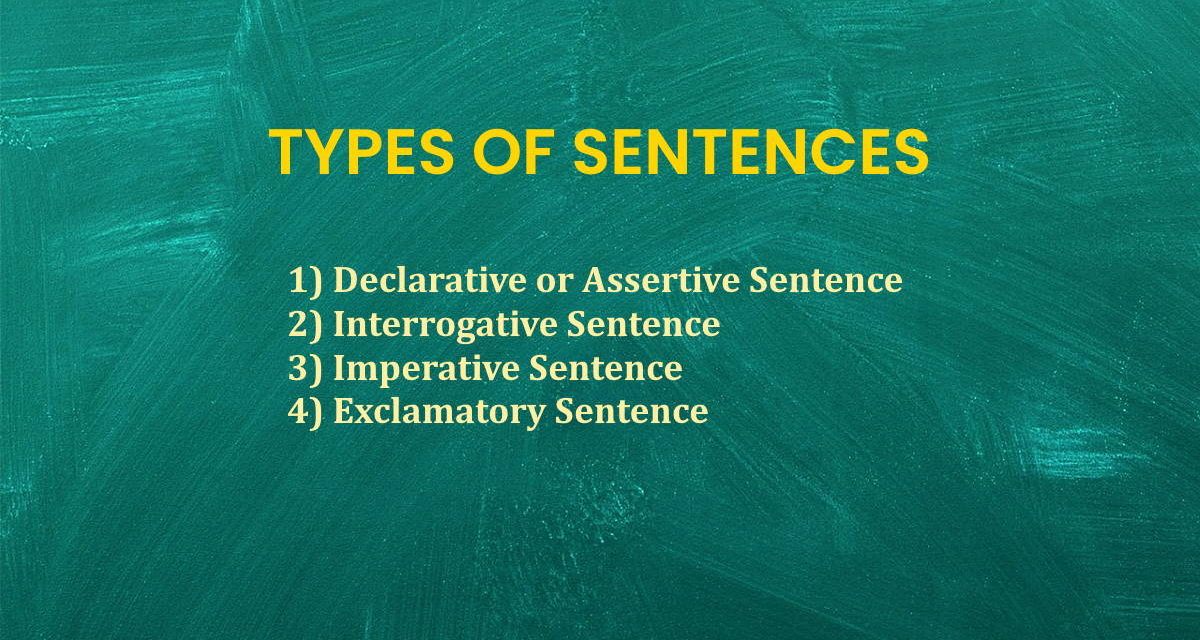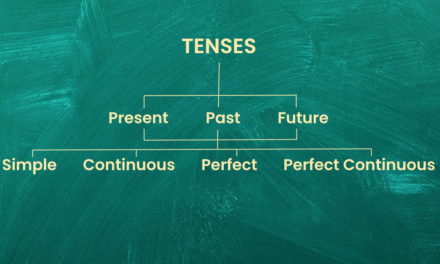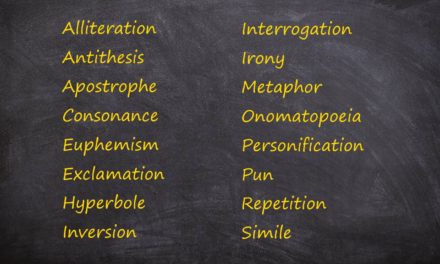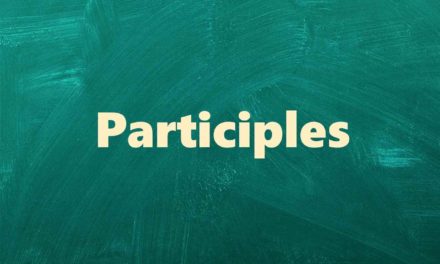There are four types of sentences in the English language. They are:
1) Declarative or Assertive Sentence
2) Interrogative Sentence
3) Imperative Sentence
4) Exclamatory Sentence
1) Declarative or Assertive Sentence
Note: Both Declarative and Assertive is the same. However, depending upon the school board, the word Declarative or Assertive maybe used. I believe in India, Maharashtra SSC board uses Assertive while the central boards such as ICSE or CBSE use Declarative.
Declarative or Assertive sentences are those sentences that make a general statement. They always end with a full stop.
Consider the following examples:
– My name is Maya.
– I have two brothers and one sister.
– It is raining so heavily since morning.
– I like to sing and paint during my free time.
As you can see in the above examples, these are general statements. You are simply telling something to someone. You are declaring something or answering a question. These are all called Declarative or Assertive sentences.
Within Declarative / Assertive sentences, there can be positive or negative sentences.
Positive is simply stating something that is or you have. Negative is something that is not or you do not have.
For example:
– He is a thief.
This is a positive sentence. It does not matter if ‘thief’ is a bad thing. It matters that you are saying he is a thief.
– He is not a thief.
This is a negative sentence. You may think not being a thief is a good thing but here you are stating something that he is NOT. Hence this is a negative Declarative or Assertive sentence.
2) Interrogative Sentence
Interrogative sentences are those sentences where a question is asked. These sentences end with the question mark (?). Hence any question is an Interrogative sentence.
Examples:
– What is your name?
– Why did you arrive so late?
– Have you completed your homework?
– Did you go to the market?
– Who is that person standing over there?
As you will see above, they are all questions. Usually, questions begin with Who, Why, Where, Whom, Which, What, When etc. However, they can begin with words such as Did or Have as well.
Basically any sentence that is a question or has a question mark in the end, is an Interrogative sentence.
3) Imperative Sentence
Imperative sentences are those sentences where we ask someone to do something. It can be a command, request or instruction. These sentences always end with a full stop.
For Example:
– Get out of this class at once.
– Please help me pick these up.
– Take this medicine twice a day.
In the above examples, the first sentence is a command. Where the person saying it expects you to follow immediately.
The second sentence is a request. We are requesting for help.
The third sentence is an instruction. Like a doctor asking their patients to take medicine. Unlike a command, an instruction is up to the receiver whether they want to follow or not.
What is common in all three of the above sentences is that they are all asking someone to do something.
That is an Imperative sentence.
More examples:
– Go to the market and buy some apples.
– Please take this to your mother.
– Complete your homework by tomorrow morning.
4) Exclamatory Sentence
Any sentence ending with an exclamation mark (!) is an Exclamatory sentence.
An exclamatory sentence usually denotes strong emotion or surprise. These sentences show strong feelings inside you.
Examples:
– I love it!
– Alas!
– Wow that is amazing!
– Hurrah!
– Finally I got it!
– What a painting!





